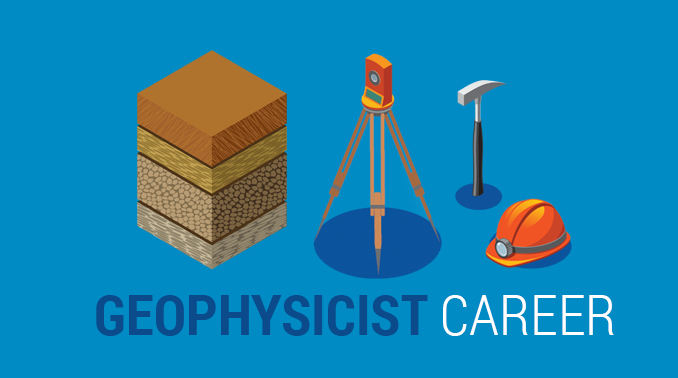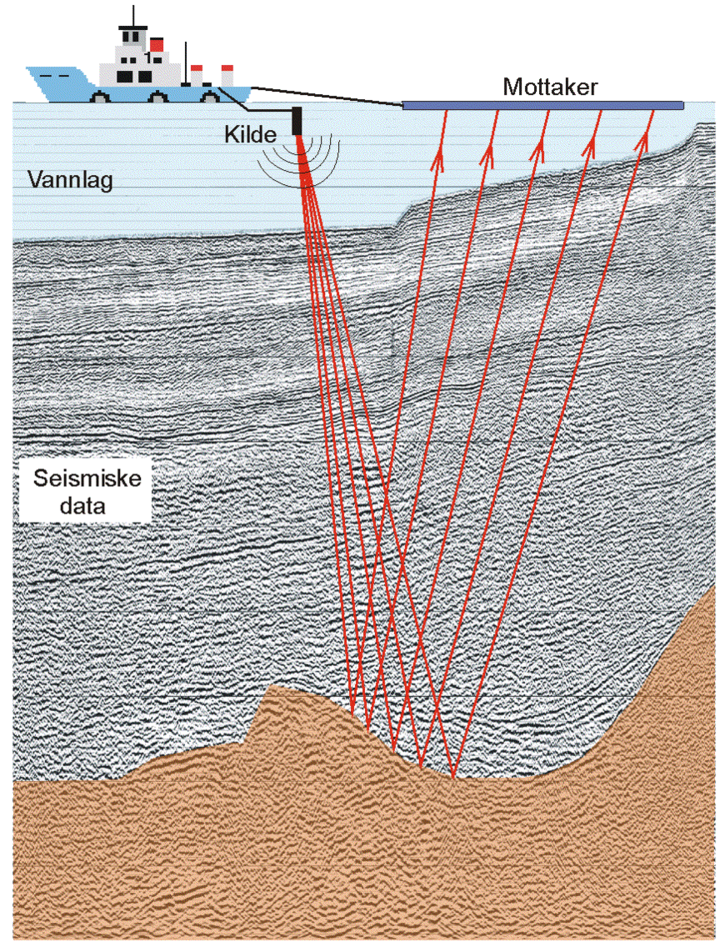All Categories
Featured
Table of Contents
Hydrographic And Geophysical Surveys in Orelia Oz 2022
This work is increasingly contracted out, so consultancies offer another source of employment. Consultancy companies vary in size, from really small business to big multinationals. Some consultancies are quite specialised in using particular geophysical methods or operating in particular locations, while others offer a more varied series of services to their consumers.
The extraction of gas from garbage dump websites is another area of work and this may grow in the future. Exploration business may undertake work for construction companies, water business, mining companies and ecological companies, so geophysicists may be utilized in any of these settings. Other employers consist of: geological surveysgovernment bodies and agenciesuniversities and research study institutes.


Vacancies may be noted in the oil and gas sector press. Recruitment is impacted by oil rate variations and the level of competition for positions differs depending on this. Professions Days, which cover the full variety of geoscience careers and are usually participated in by a number of crucial market employers, are run by The Geological Society.
Geophysical Investigations in Lesmurdie Western Australia 2021
A few of the large oil and gas business offer a full two-year structured training programme across the breadth of geophysics, including the opportunity to experience work in numerous groups before specialising in one location. Your training might include deal with: existing wellsmagnetic and gravitational prospective field information analysisresearchrock analysis. However, it's more usual for your preliminary training to be offered on the task.

There might be a probationary duration during which you work along with an experienced coworker. Competency-based appraisals occur routinely in a lot of firms. In smaller sized firms, and for scholastic posts, there is not likely to be any official training - you'll be expected to start work straightaway and get abilities as you go along.
If you work for a smaller sized business, you might find that you need to take obligation for arranging and funding your own advancement and training. If you have a geology degree, subscription of The Geological Society can be useful for networking and for maintaining to date with the market.
Geophysical Prospecting in Innaloo Oz 2020
You might also discover it useful to sign up with the PESGB (The Petroleum Expedition Society of Great Britain, which has a geophysics unique interest group. After a probationary duration, and as soon as you've gotten some experience, you could advance to senior geophysicist, then group leader and after that into a senior role in management.
The ease of movement between functions depends upon the company structure. Research study at Masters or Ph, D level in a subject associated to geophysics or geosciences may assist with your profession development and development. The work market within the oil and gas industry is really based on price and this may impact your opportunities for profession development.
Not all jobs are dependent on the oil and gas industries. For experienced geophysicists, freelance consultancy offers a good route for profession advancement. You can likewise specialise in a particular location of geophysics. As a geophysicist, you're likely to have a number of jobs throughout your working life. Global mobility is essential for dealing with peaks and troughs in different countries at various times.
Careers With Geophysics - Ocean And Earth Science ... in Martin Western Australia 2020
From geophysics, it's possible to focus on seismology (finishing additional training to become a seismic interpreter) or to move into related areas such as engineering geology or risk forecast.
Deciding what to study in college is a difficult option. Even if you know that your field of interest lies in science, what program of study is best for you?
However the initial step to accomplishing your objective of becoming a geophysicist is making a degree. Even for entry-level positions in the field of geoscience, you'll need a bachelor's degree (a geophysicist college degree) from an accredited college or university. Some research study positions require prospects to hold master's degrees or even Ph.
What Is Geophysics? in Maida Vale Aus 2022
Doctoral degrees are particularly important if you plan to teach at a four-year organization. Geophysicists apply physics principles and methods to study the gravitational, magnetic, and electric fields of the earth. This advances researchers' knowledge of both the world's interior core and its surface area. Geophysicists must have the ability to: evaluate rocks, photographs, and other pieces of data carry out research study both in the field and in labs develop maps and charts of their findings compose reports To accomplish all this, trainees require a specialized education for geophysicist careers.
As stated above, you'll require a bachelor's degree in geoscience or an associated discipline, such as a physical science or a natural science, to land an entry-level task. But trainees can likewise prepare by learning topics like: Biology Chemistry Computer technology Engineering Mathematics Physics The above geophysicist majors offer a more generalized technique to a single scientific discipline, however the majority of programs need trainees to take several geology course.
Latest Posts
Geophysical Surveys: Definition & Methods in Forrestdale Oz 2020
Geophysics in Spearwood Australia 2022
Geophysical Survey in Kinross Oz 2022